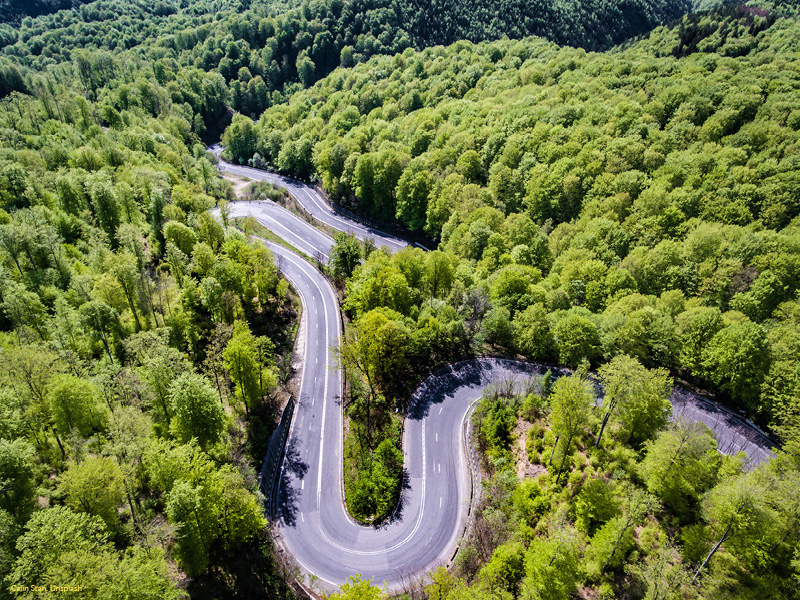Intensive forest biomass harvest and need for nutrient compensation – new knowledge for guidelines for sustainable biomass utilisation

To meet a future fossil-free bio-based economy utilisation of forest biomass will have a leading role. Available forest biomass depends on available areas, biomass reserves, growth rate and harvest intensity.
Whole tree harvesting, harvesting of stems and branches/tops (brash), has been shown to reduce tree growth compared to stem only harvesting. Following incineration ash can be returned to the forest to compensate for increased acidity and nutrient loss (except nitrogen). Depending on site quality the effect of ash return varies. Key issues to explore further are how harvest intensity affects long-term forest production and if nutrient compensation is needed for a sustainable primary production of biomass. The experimental basis is limited, and more knowledge is needed mainly about effects on different soil types and the duration of effects. This project will contribute to improved understanding of long-term effects important to design guidelines for sustainable biomass harvest.
Ulf Sikström
Skogforsk

ulf.sikstrom@skogforsk.se
Project information
Participant
Skogforsk
Schedule
January 2022 - December 2025
Total project cost
3 740 650 SEK
The Swedish Energy Agency's project number
2021-00055
More projects

Costs for reducing greenhouse gas emissions from road and air transport with biofuels and electrofuels
Cost-effective GHG reduction with several renewable fuels This project provides an updated summary of the CO2 abatement costs for different types of…
Manager: Julia Hansson
Completed: 2023-11-30

The potential of a bio-based concrete “ink” for sustainable 3D printing: review and perspectives
The Swedish Government’s Climate Action Plan 2019 underlines the need for creating a common understanding about the transition to bioeconomy and knowledge…
Manager: Magdalena Rajczakowska
Ongoing

Policies for a long-term and sustainable raw material supply of forest biomass
A long-term and sustainable raw material supply of forest biomass is affected by policy instruments, but also by the behavior of different…
Manager: Robert Lundmark
Ongoing


